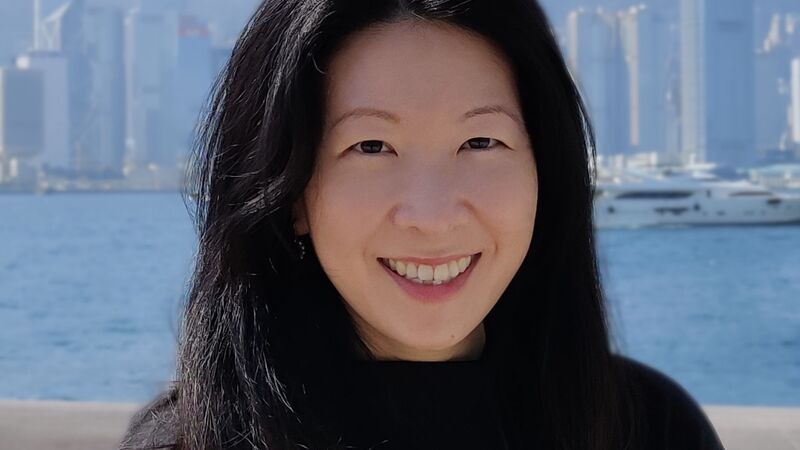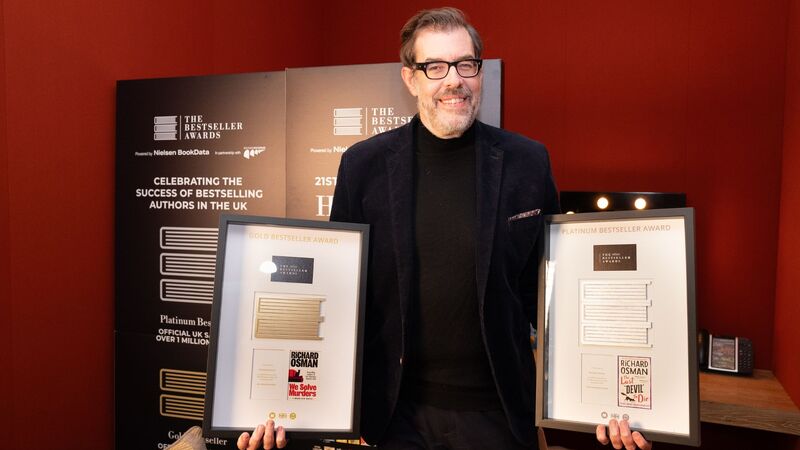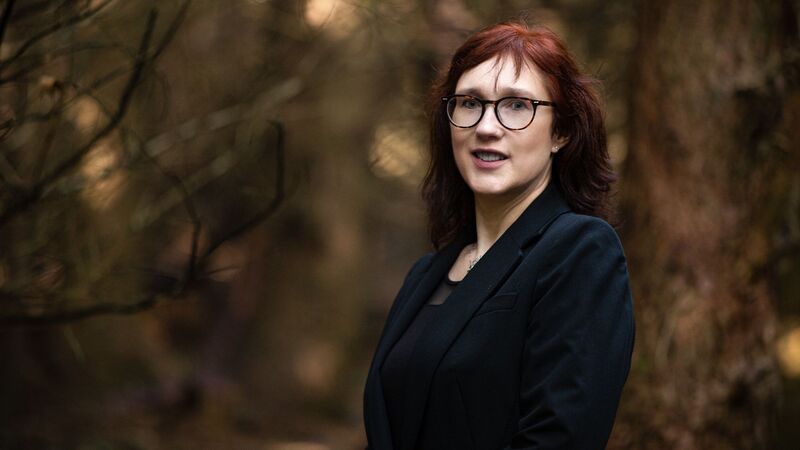You are viewing your 1 free article this month. Login to read more articles.
Authors fear accusations of cultural appropriation, forum hears
Cries of cultural appropriation could be dissuading authors from publishing books that reflect black, Asian, ethnic minority (BAME) audiences, the Westminster Media Forum has heard.
The issue, which emerged at the discussion forum yesterday, (24th January), was raised by Nicola Solomon, chief executive for the Society of Authors, who pleaded with publishers “please don’t troll our authors for cultural appropriation".
"We need to have as many diverse voices as we can," she said. "This is often hard to hear for publishers and others, but for our authors who maybe are trying to include other voices in their books - because after all, writing fiction is about imagination, and you ought to be able to imagine other worlds to your own and other faces than your own - please don't troll writers for cultural appropriation every time they put a black face in their book if they are not black. We absolutely need as many authors as possible but we also need authors to write about a range of people and to imagine people they are not.
"It's a terribly important thing and our authors are finding they are very, very caught between two stalls here," she said.
Author and illustrator Shoo Raynor, who is on the committee of the writers and illustrators' group at the SoA, said the issue of cultural appropriation was coming up in "every meeting".
"Certainly at the moment, the thing that comes up every meeting is cultural appropriation and how we are often stuck between a rock and a hard place," Raynor said. "Publishers will often ask to have ethnic characters removed from stories. I've not had that problem myself but various people have, purely because they're not going to sell the book. We hear lots and lots of stories, horror stories."
In September, author Lionel Shiver wrote in the Independent of her struggle with the concept which by definition is taking from another culture "without permission". She said she hoped the term was "a passing fad" because "trying to push the boundaries of the author’s personal experience is part of a fiction writer’s job". Shriver also used a keynote speech at the Brisbane writers festival last year to dismiss the argument that writers are guilty of cultural appropriation by writing from the point of view of characters from other cultural backgrounds. The speech she gave received an instant backlash, including from Sudanese-born Australian social activist Yassmin Abdel-Magied, who walked out of the event and later posted a blog arguing that Shriver’s speech was “a celebration of the unfettered exploitation of the experiences of others, under the guise of fiction”.
Diversity was at top of the agenda throughout the Forum meeting, with the PA’s chief executive Stephen Lotinga announcing it would be arriving at a series of measurable “commonly agreed targets” for the industry “so that we’re not having the same discussions [around diversity] in 10 years’ time”. No further details have as yet been revealed.
The Bookseller’s online editor and producer, Sarah Shaffi, said while change was afoot on diversity in publishing, there was more that needed to be done. The statistics show there are many types of people the industry isn’t speaking to, she said, saying that of the thousands of titles published last year, fewer than 100 were authored by British authors of a non-white background. "Many readers may not be able to see themselves in the books being published, or the books being publicised, and many readers may feel the publishing industry isn’t speaking to them in their language or in the spaces they occupy," she said.
The discussion follows initiatives from large publishers like Penguin Random House and HarperCollins to address representation of BAME people on their own staff. But whether this will filter down to its books, and up through the publishing echelons, remains to be seen. Simon Cornwell, co-founder and co-chief executive of The Ink Factory, told the room “this is the most white and I suspect middle class room I have spoken to for a very long time; I find that slightly worrying and I think we all should, as an industry that attempts to connect with a consumer audience".
Crystal Mahey-Morgan, founder of OWN IT!, said the room’s composition was not necessarily a bad thing but the problem lies “when content then reflects this”. She said: “It’s important for young people they see and hear themselves in books as well as to escape in them; that's something that bothered me and I wanted to change”. One such barrier to more diversity is exploitative contacts, she suggested, because "as a result of that, only certain people are able to be authors". OWN IT! splits net profits 50/50 with its authors across revenue streams, she added.
Solomon said that free movement for creators post-Brexit was also going to be “terribly important” for the industry, not only for exports but in order to “understand other viewpoints”.
"This is a difficult time for publishers," she said. "We all know the power of the brand is such that books with a brand will sell well and therefore it's very hard for publishers, and publishers are businesses, to take risks on small, diverse different voices. But it's terribly important we have a committment to that for all our sakes that we hear as many voices as possible."
In defence of publishers, Sam Missingham, head of events at HarperCollins, said houses were taking the issue “very seriously”. HarperCollins last year embarked on a BAME-only graduate scheme and a writing scheme from its Fourth Estate imprint, both of which it plans to continue. It has a regular diversity forum too, called "All In", where its staff discuss ways it can promote inclusivity and for which it received an award. Missingham said neither is it unique among publishers in its stance. "We are not atypical anymore," she commented. "Certainly all big publishers are taking it very seriously and obviously it is in our commercial interests to take it seriously and to reflect our wider audiences and to publish to the widest possible audience."
She suggested the issue could be traced back to the make-up of people on university courses. "Part of the issue is that people who go to study English literature, that's not an incredibly diverse pool, so that's our challenge, but that is changing and we are getting more people from different fields," she said.
Miranda Spicer, who teaches Plymouth University's Publishing MA, agreed the universities had a challenge to make their courses attractive to a wider variety of students. However. she also raised what she called "a very practical point" albeit "probably not very fashionable", about the number of comments made about the room being made up of white middle class people. "There are only a certain number of jobs in publishing," she said. "I've hired and fired and worked in publishing, and in terms of being entirely practical, if could wave a magic wand and have a far more diverse group of people, I think that would be fantastic. But, picking up on some of the more acerbic vibe we were getting from the front, where is the place for those white, middle class people?"
Details of the PA’s diversity targets will be provided in the coming weeks.

















